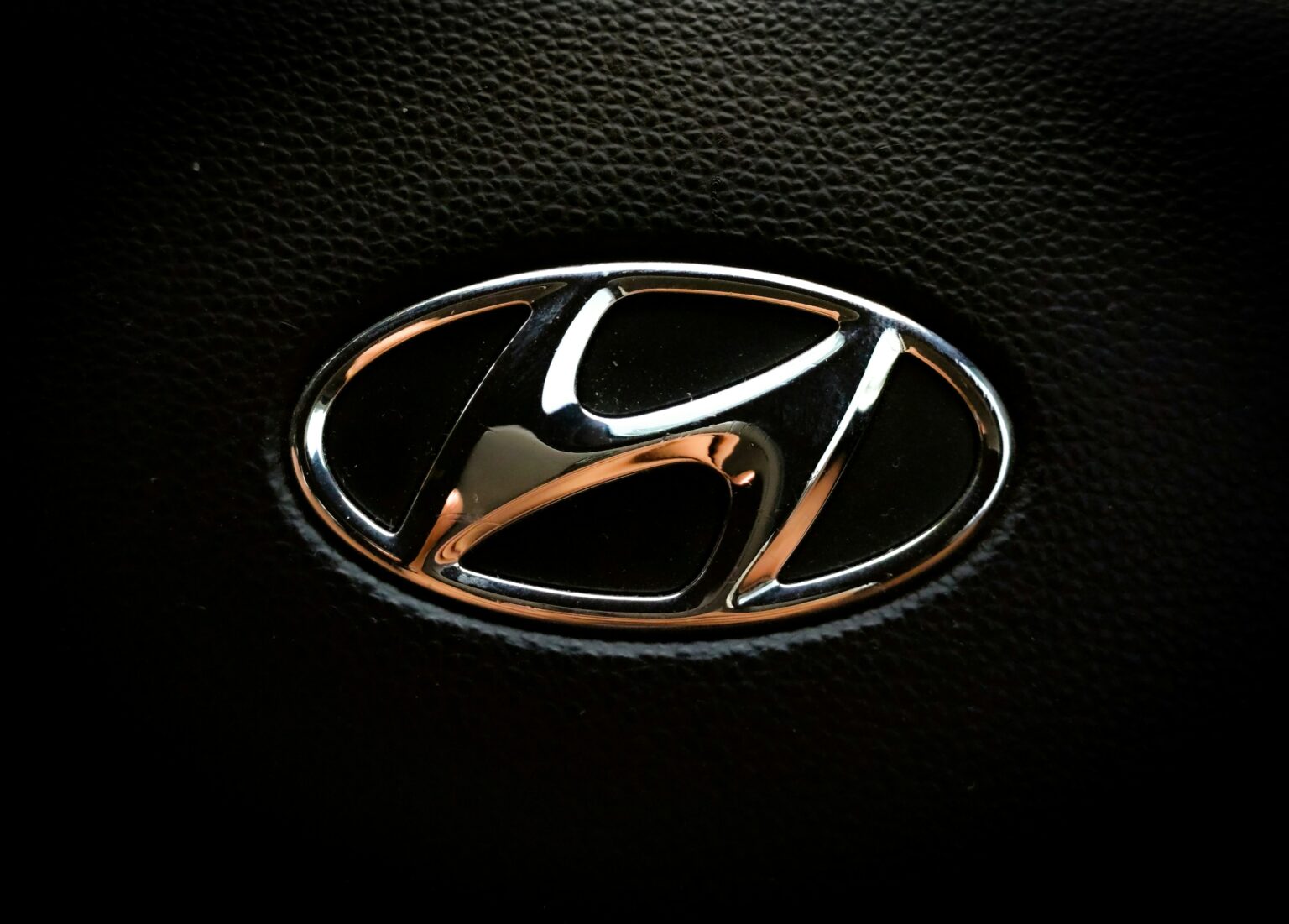South Korea’s hydrogen ambitions are moving into a new phase, with Hyundai Motor Group preparing a 1-gigawatt green hydrogen production complex that analysts say could reshape the country’s low-carbon industrial base.
The rollout, evaluated by Singapore-based Sunnov Investment Pte. Ltd. and reported by Digital Journal, aligns with a broader trend in Asia’s heavy industry: scaling hydrogen not as a standalone technology but as an integrated supply-and-demand ecosystem.
Hyundai’s plan centers on a hydrogen hub in South Jeolla Province, beginning with 500 MW of capacity before expanding to 1 GW by 2030. The facility will anchor an interlinked system combining power generation, industrial gas supply and mobility applications. Sunnov’s Director of Private Equity, Thomas Gardner, argues that the structure “shows how a single corporate platform can connect power generation, industrial gases and mobility,” describing it as an investable clean-energy cluster rather than a conventional industrial project.
The approach reflects Hyundai’s strategy to stabilise its hydrogen value chain by aligning PEM electrolyser deployment with its existing fuel-cell mobility programs. PEM electrolysis is already central to Hyundai’s automotive offering, and the company sees cost synergies in overlapping component manufacturing. Gardner notes that shared supply chains “offer a path to reduce levelised hydrogen costs by up to 50% over the operating life of projects,” a projection that investors increasingly incorporate into cost-curve models.
Supporting this production ecosystem is Hyundai’s new PEM manufacturing facility in Ulsan—an investment of around $630 million targeting operation in 2027. Once fully developed, the plant aims to supply 30,000 fuel-cell units annually for passenger vehicles, commercial fleets, maritime applications and stationary power. This capacity is intended to enable domestic scale while positioning Korea as an exporter of hydrogen technologies. Hyundai says almost 90% of electrolyser components now come from Korean suppliers, with exports growing into European industrial markets.
According to Sunnov, these developments indicate that Korea’s hydrogen sector is moving beyond pilot projects toward a platform capable of supporting energy-security and industrial-export objectives. The momentum fits within Hyundai’s larger domestic investment plan of roughly $85.1 billion through 2030—a substantial increase over previous multi-year spending cycles. The effort is further reinforced by a revised trade agreement reducing U.S. tariffs on qualifying automotive exports, which strengthens the business case for domestic technology upgrades.
Hydrogen integration is also being tested at the urban scale. Hyundai’s concept for a hydrogen-powered AI smart city combines distributed power, autonomous transport and digital infrastructure into a single planning framework. Early partnerships include a hydrogen port in Pyeongtaek connected by a 15-kilometer pipeline to production and fuel-cell power facilities. The company has also invested $5 million into the American Center for Mobility to accelerate development of connected and autonomous technologies that rely on low-carbon energy systems.
For institutional investors assessing long-term transition infrastructure, Hyundai’s hydrogen portfolio offers a model of vertically aligned clean-energy deployment, from gigawatt-scale production to export-ready component manufacturing and mobility integration. Gardner sees the emerging pattern as evidence that major industrial groups are shaping the practical contours of decarbonization. Hydrogen, in this view, is transitioning from policy aspiration to corporate-driven strategic execution, enabled by capital scale, supply-chain depth and cross-border market positioning.
Stay updated on the latest in energy! Follow us on LinkedIn, Facebook, and X for real-time news and insights. Don’t miss out on exclusive interviews and webinars—subscribe to our YouTube channel today! Join our community and be part of the conversation shaping the future of energy.





